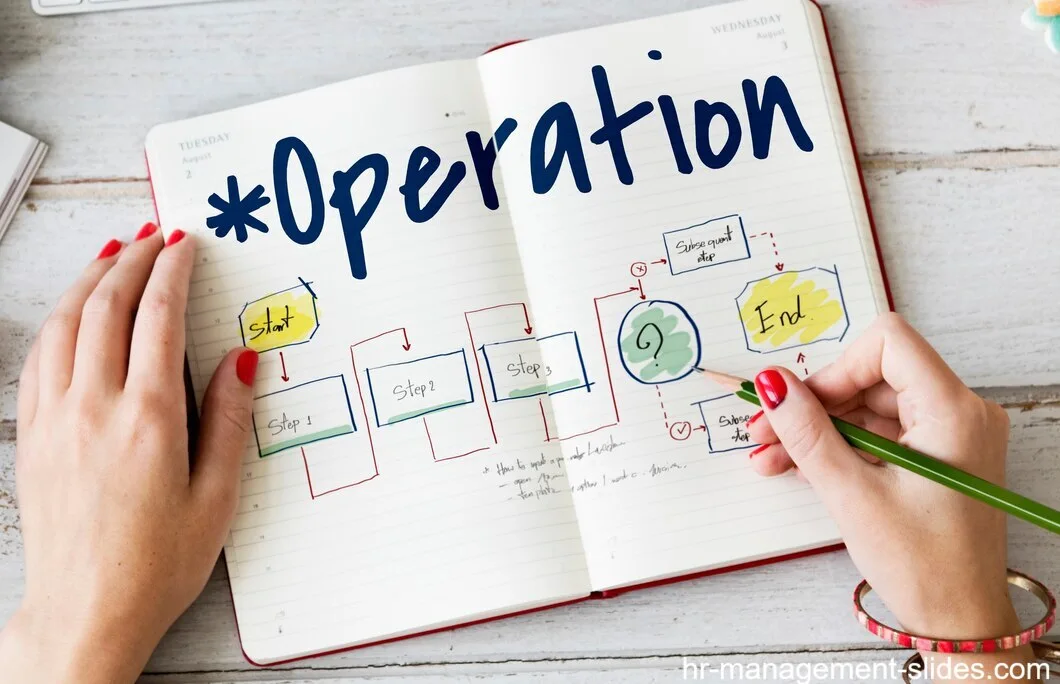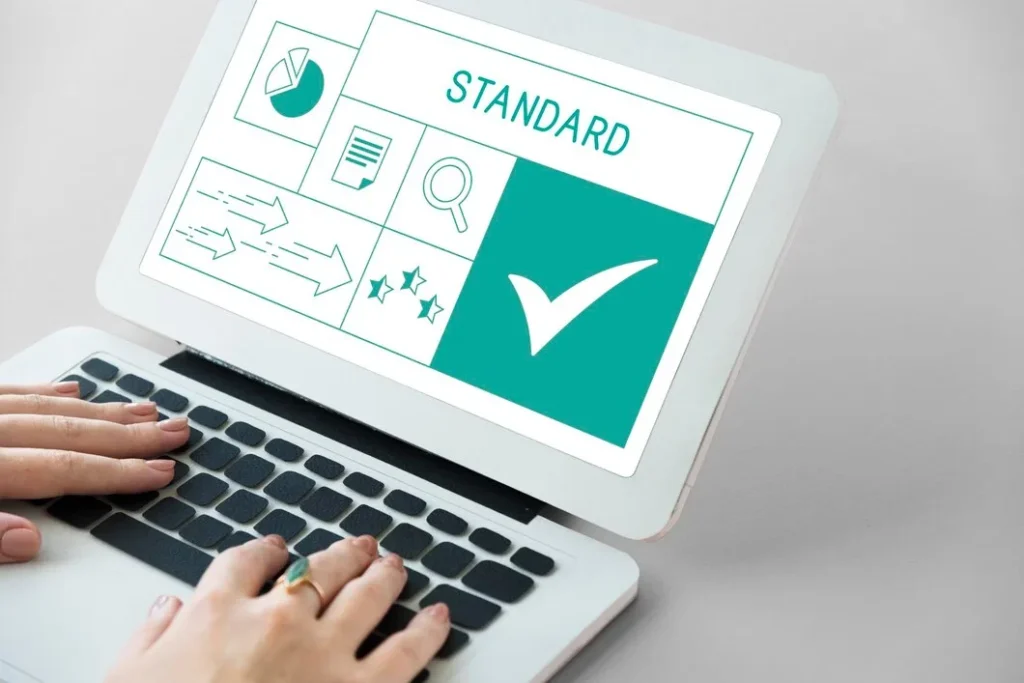SOP template for HR- In the ever evolving corporate landscape, the Human Resources department plays a pivotal role. It is the backbone that ensures the smooth functioning of an organization by managing its most valuable asset – its people.
From recruitment and onboarding to training, performance management, and ensuring compliance with labor laws, the responsibilities of an HR department are diverse and critical.
However, with such a wide array of tasks and processes, it’s essential to have a structured approach to ensure consistency and efficiency. This is where a Standard Operating Procedure (SOP) comes into play.
An SOP is a set of step-by-step instructions that not only guides an organization on how to carry out a routine operation but also serves as a key tool in ensuring quality control and enhancing productivity.
Creating an effective SOP for your HR department can seem like a daunting task, but it doesn’t have to be. In this article, we will guide you through the process of creating an SOP that is not only efficient and effective but also tailored to the unique needs of your HR department.
We will also discuss the key points that should be included in your SOP and provide you with a downloadable SOP template to get you started.
So, whether you’re an HR professional looking to streamline your department’s operations or a business owner wanting to ensure consistency in your HR processes, this guide is for you. Let’s dive in and explore the world of HR SOPs together!
How to Create a Better SOP Template for HR Department?
Absolutely, let’s delve deeper into how to create a better SOP template for your HR department:
- Identify the Processes: Start by identifying the key processes in your HR department that need SOPs. This could include recruitment, onboarding, performance management, and more. Each process should have a clear purpose and expected outcome.
- Document the Steps: For each process, document the steps involved. Make sure to include every detail, no matter how small. This should be done in consultation with the people who perform these tasks regularly. They can provide valuable insights into the nuances of each process.
- Define Roles and Responsibilities: Clearly define who is responsible for each step in the process. This includes not only the person who performs the task but also who is responsible for overseeing it and who should be notified upon its completion.
- Create Flowcharts: Visual representations can be very helpful in understanding a process. Create flowcharts that map out each step of the process, including decision points and different paths depending on various scenarios.
- Review and Refine: Review the documented steps, refine them, and ensure they are clear and concise. Remember, an SOP should be easy to understand and follow. Therefore, avoid jargon and complex language. Use simple, straightforward language whenever possible.
- Get Feedback: Once you have a draft of the SOP, get feedback from the team. They can help identify any gaps, inaccuracies, or areas of confusion.
- Test the SOP: Before finalizing the SOP, test it out. This will help you see if there are any steps missing or if something isn’t clear.
- Review Regularly: An SOP isn’t a set-it-and-forget-it document. It should be reviewed regularly and updated as necessary to reflect changes in processes, technology, or personnel.
Remember, the goal of an SOP is to ensure consistency and efficiency in operations. Therefore, it should be a living document that evolves with your organization and its needs.
Creating an effective SOP requires time and effort, but the payoff in terms of improved efficiency and consistency can be significant. So, take the time to do it right!
Read more: HR Strategy Presentation Template Slides, Your Comprehensive Guide
Points that Should be Included in SOP HR Department
An effective SOP should include the following points:
- Purpose: What is the goal of the process? Why is it necessary?
- Scope: Who does the process apply to? When and where is it carried out?
- Procedure: What are the steps involved in the process? Who is responsible for each step?
- Guidelines: Are there any specific guidelines or standards to follow?
- Definitions: Are there any terms or jargon that need to be defined?
- Attachments: Are there any forms or templates that need to be used?
But remember, an SOP is not set in stone. It should be reviewed and updated regularly to ensure it remains relevant and effective.
Related posts: Unraveling Issues in Performance Management, How to Solve It?
Download SOP for HR Department on Our Website
Ready to take your HR operations to the next level? We have just the resources you need! Visit our website, hr-management-slides.com, and explore our extensive collection of SOP templates specifically designed for HR departments.
We understand that every organization is unique, and so are its needs. That’s why we offer both free and premium SOP templates.
Our free templates are perfect for those who are just starting to establish their HR processes. They’re comprehensive, easy to use, and can be customized to fit your specific needs.
For those looking for a more advanced solution, our premium templates are the way to go. They’re designed with best HR practices in mind and come with additional features and support to help you streamline your HR processes even further.
You can find more about our premium template in human resource management handbook.
So, why wait? Elevate your HR operations today with our SOP templates. Visit hr-management-slides.com now and find the perfect SOP template for your HR department! Remember, a well-structured SOP is the first step towards a more efficient and effective HR department. Start your journey with us today!









